Ah, painful periods. Every woman’s favorite time of the month, right? Well, actually, there’s a long-standing myth that suggests that painful periods are a sign of good fertility. Can you believe it? The logic behind this theory is that if you’re in excruciating pain, then your reproductive system must be working overtime! But is there any truth to this belief? Let’s dive in and explore the connection between painful periods and fertility. Hold on tight, ladies! It’s about to get interesting.
The Myth of Painful Periods and Fertility
Contrary to popular belief, there is no direct correlation between period pain and fertility. Fertility is determined by a complex array of factors, including hormone levels, ovulation, and overall reproductive health. Painful periods may be a sign of certain health conditions that can affect fertility, but the level of pain itself does not indicate fertility levels.
Several studies and medical opinions have challenged the belief that painful periods are an indicator of good fertility. In fact, studies have shown that women who experience more severe period pain may have a slightly lower chance of becoming pregnant. However, it is important to note that correlation does not equal causation, and many other factors can influence fertility levels.

Dispelling the misconception
Just because you’re experiencing pain during your period doesn’t mean you’re popping out eggs like a Pez dispenser. Painful periods, also known as dysmenorrhea, are actually quite common and can be caused by a variety of factors.
Primary dysmenorrhea: The usual suspect is Primary dysmenorrhea is the most common cause of painful periods. It’s basically your body’s way of telling you that Aunt Flo is paying a visit. This type of pain is usually caused by elevated levels of prostaglandins, those lovely chemicals that make your uterus contract and shed its lining.
Secondary dysmenorrhea: When something is really wrong Unlike primary dysmenorrhea, secondary dysmenorrhea is when your period pain feels like Armageddon just paid a visit to your lower abdomen. This kind of pain can be a red flag for an underlying medical condition, such as endometriosis or uterine fibroids. So, while intense pain might make you think you’re super fertile, it could actually indicate a problem that needs medical attention.
Endometriosis: A painful intruder Speaking of problems, let’s talk about endometriosis. This condition occurs when the tissue that lines the inside of your uterus starts growing outside of it. It’s like having tiny, pain-inducing intruders infiltrating your reproductive system. Endometriosis can cause severe pain during periods and can also affect fertility. So, if you’re dealing with gut-wrenching cramps that leave you curled up in a ball, it might be worth getting checked out by a healthcare professional.
So, the next time you find yourself doubled over in pain during your period, remember that it’s not a badge of fertility honor. Painful periods can be caused by a range of factors, including primary dysmenorrhea, secondary dysmenorrhea, and the villain known as endometriosis. And while enduring pain might build character, it certainly doesn’t guarantee a fertile future. So, if your periods feel more like a scene from a horror movie, it might be time to seek some relief and consult with your doctor.
What Causes Painful Periods?
Menstrual pain is a common experience among menstruating individuals. For some, it may be a minor inconvenience, while for others, it can be debilitating. Painful periods, medically known as dysmenorrhea, can be caused by various factors. One of the most common causes is primary dysmenorrhea, which occurs when the uterus contracts to expel its lining. This pain is usually felt in the lower abdomen and can be accompanied by headaches, nausea, and diarrhea.
Another cause of painful periods is endometriosis, a condition in which the tissue that lines the uterus grows outside of it. This tissue can attach to other organs, causing pain and inflammation during menstruation. Fibroids, which are noncancerous growths in the uterus, can also cause painful periods, especially when they press against other organs. Finally, pelvic inflammatory disease, which is an infection of the reproductive organs, can cause painful periods as well.
Dealing with painful periods can be challenging, but it is essential to manage the pain to prevent it from interfering with daily activities. However, it is also crucial to recognize that painful periods can be an indication of underlying medical conditions. If the pain is severe and affects one’s quality of life, it is recommended to see a doctor. They can diagnose the underlying cause of the pain and recommend appropriate treatment options.
The Real Factors Influencing Fertility
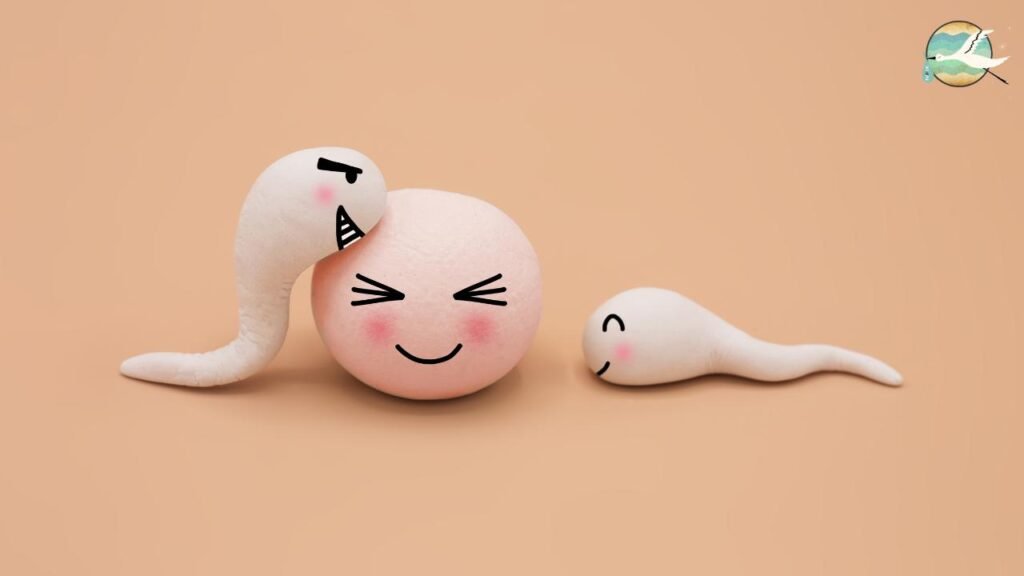
Ovulation and Regular Cycles
Fertility is closely tied to ovulation – the release of a mature egg from the ovaries. Regular menstrual cycles are indicative of regular ovulation, which is crucial for conception. However, the absence or presence of pain during periods doesn’t necessarily correlate with the regularity of ovulation.
Reproductive Health and Lifestyle
Factors such as overall reproductive health, hormonal balance, lifestyle choices, age, and underlying medical conditions play a more significant role in fertility. Maintaining a healthy lifestyle, managing stress, and regular check-ups contribute to reproductive well-being.
How to Manage Painful Periods

Dealing with the pain and discomfort of periods can be challenging, but there are ways to alleviate the symptoms. Pain management techniques such as massage, heat therapy, and exercise can help improve blood flow and reduce cramps. Natural remedies like ginger tea or essential oils are also helpful in combating menstrual pain. Over-the-counter pain relievers such as ibuprofen or naproxen are effective in reducing inflammation and pain.
If the pain is severe and unmanageable, medical treatment options such as hormonal birth control or surgery may be necessary. Consulting a doctor is essential to determine the best course of action for managing painful periods. It’s important to remember that experiencing period pain doesn’t necessarily mean you have good fertility; instead, it could indicate an underlying medical condition. Therefore, it’s crucial to seek medical help if you’re experiencing any abnormal period pain.
Conclusion
It’s important to remember that painful periods aren’t always a sign of good fertility. Period pain can be caused by underlying medical conditions such as endometriosis and fibroids, which can affect fertility. Recognizing abnormal period pain and seeking medical attention when necessary is critical to reproductive health. Pain management techniques, natural remedies, and medical treatment options can all assist in the management of painful periods. Finally, listen to your body and seek help when necessary. After all, a pain-free period is always appreciated!
Related Posts:
- How to Protect Fertility? Expert Tips for Long-term Reproductive Health 2023
- Does IVF work with endometriosis?
- What are the Side Effects of IVF Treatment? 2023
- Which Tests Are Necessary for IVF?
- What Happens If a Man Releases Sperm Daily?
FAQs About Painful Periods and Fertility
Q1: Do Painful Periods Indicate a Healthier Reproductive System?
It’s a common misconception that menstruation pain indicates a more capable reproductive system. The truth is that menstrual pain intensity is not a reliable indicator of reproductive health. Fertility can be harmed by ailments that cause painful periods, like endometriosis or fibroids.
Q2: Can Painful Periods Enhance Fertility?
This assertion is unsupported by science. Hormonal imbalances and uterine contractions are two examples of factors unrelated to fertility that frequently contribute to painful periods. Numerous elements, including ovulation, sperm quality, and reproductive anatomy, have an impact on fertility.
Q3: Is It Normal to Have No Menstrual Pain?
Yes, it is entirely normal. Menstrual pain is not a reliable indicator of poor reproductive health or insufficient ovarian reserve. While some people have pain-free periods naturally, others might feel discomfort.
Q4: Should I Be Concerned About Fertility If I Have Painful Periods?
Period pain is not always a sign of a problem with fertility. However, speaking with a medical professional is advised if you’re having trouble getting pregnant and are trying to conceive.

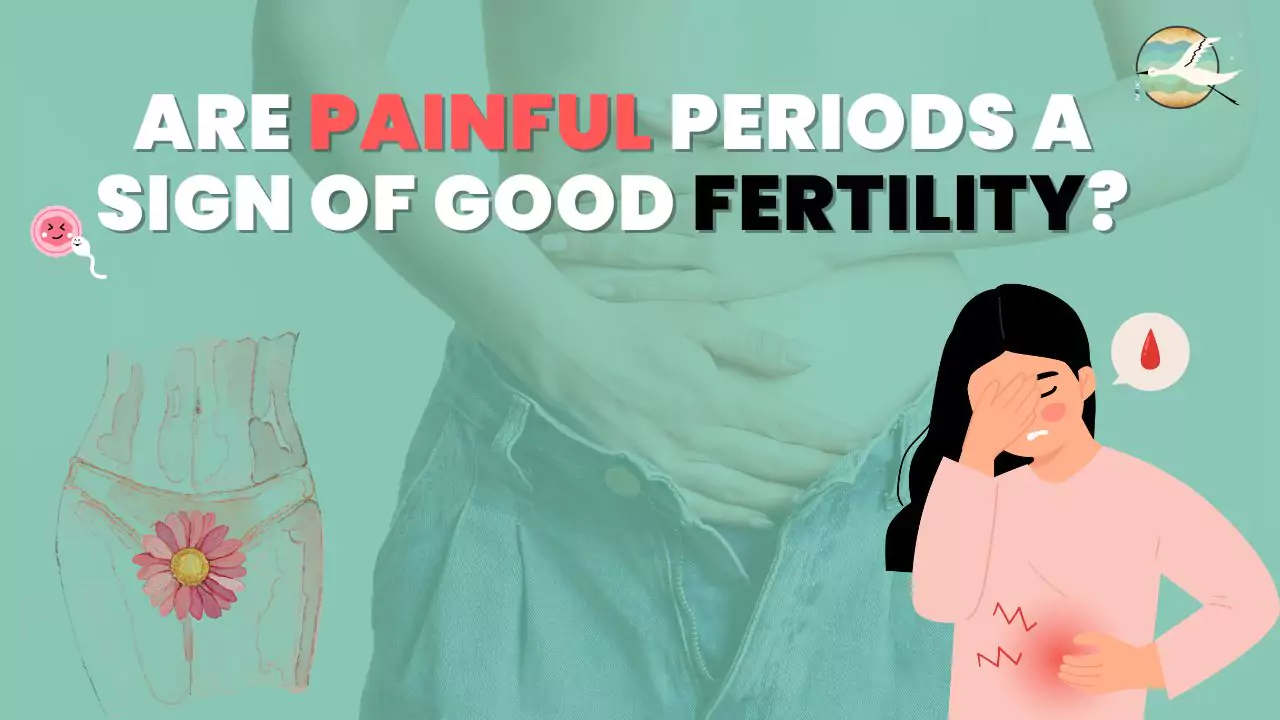

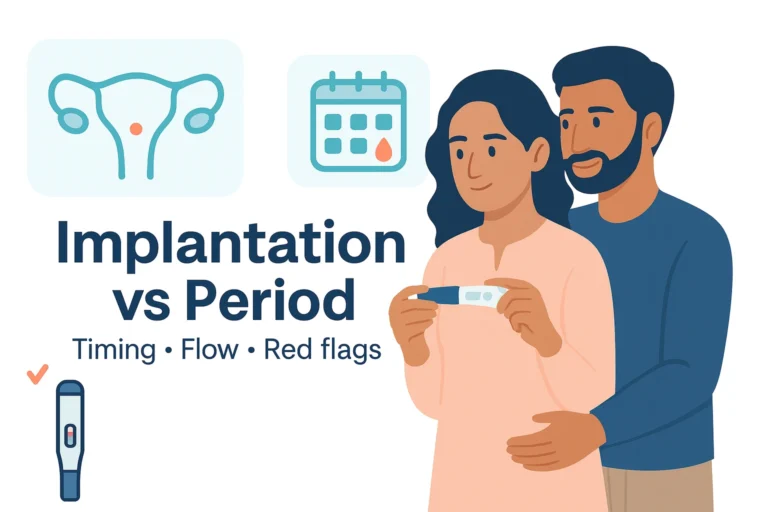
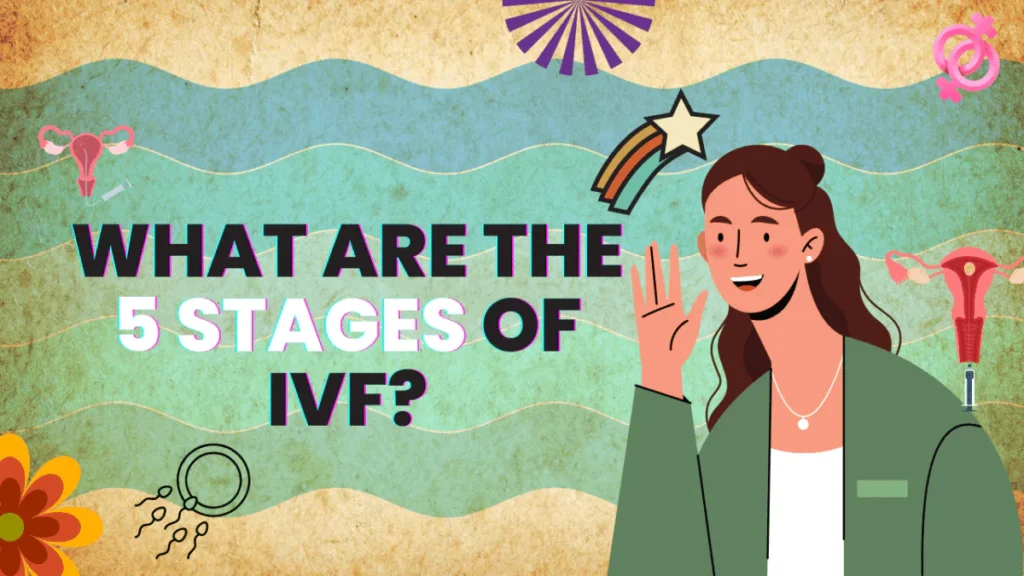
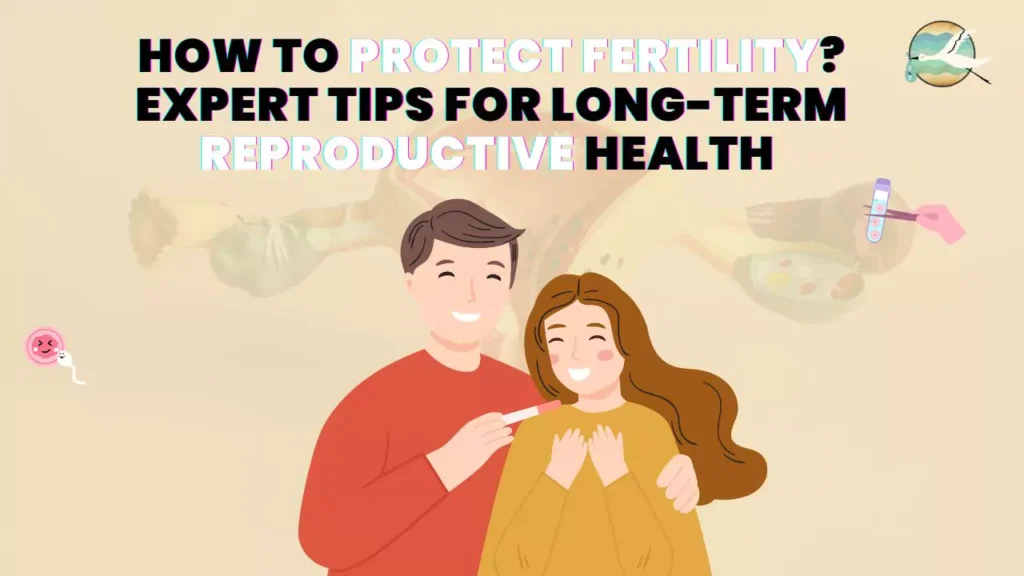
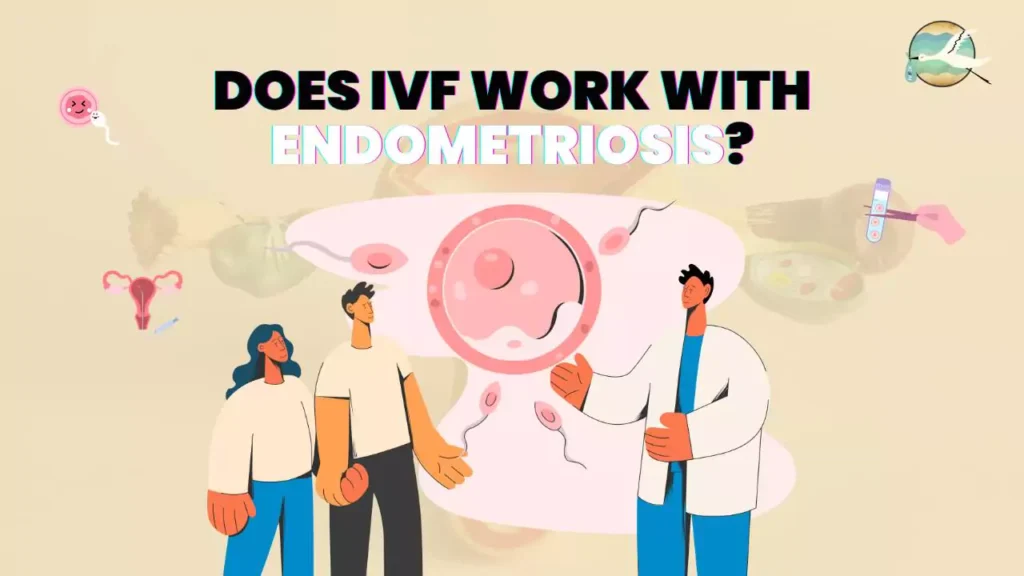
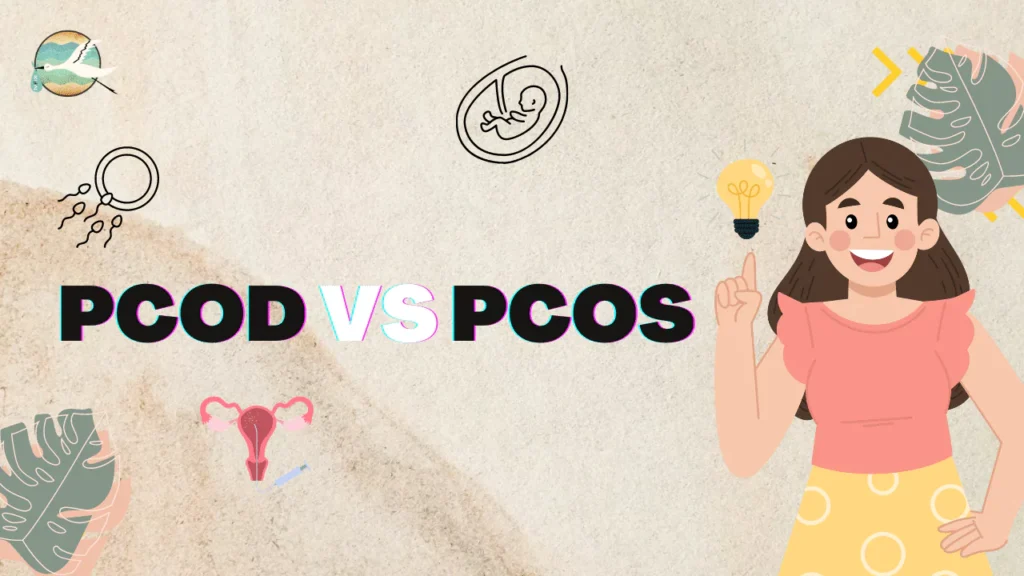
[…] Are Painful Periods a Sign of Good Fertility? […]
[…] occurs approximately 14 days before the start of your next menstrual period. The empty follicle forms a corpus luteum after ovulation. Progesterone and estrogen are produced […]
[…] cramps do not hurt as much as period cramps. The tubes that transport sperm from the testicles to the urethra, known as the vas […]
[…] Are Painful Periods a Sign of Good Fertility? […]